Advent’s Methanol-Based Fuel Cells Set New World Records For Cars Powered By Hydrogen And Electric
[
BACK]

Posted On: June 13, 2022
Using Advent’s methanol-based H3 5000 fuel cells, ARM Engineering set the new world record for covering the longest distance driving an electric and hydrogen-powered vehicle without recharging or refueling. According to Business Wire, a team of drivers at ARM Engineering covered more than 2,000km in 40 hours while driving at a speed of 50km/h. ARM Engineering is a French-based company that aims to provide the mobility market with innovative and sustainable solutions.
Recently, the French-based firm developed a renewable synthetic methanol named G-H3. This innovative fuel can power electric and thermal cars, with electric vehicles relying on fuel cells. Advantages of H3 5000 fuel cells include affordable total cost of ownership, strong functionality, low maintenance costs, and long operating time. With that said, it’s clear that while solid-state batteries are a possible future fuel option for electric cars, there are other innovative and sustainable fuels that can power vehicles for longer. Read on to get insights into the future of fueling.
Cars Could be Powered by Algae Biofuel
To lower the rate of greenhouse gases emitted by vehicles, auto manufacturers are looking for greener fuel alternatives, and algae might be a perfect option. Algae biofuel is a third-generation green fuel that guarantees long-term solutions for producing a variety of fuels used in internal combustion engine vehicles. These fuels include ethanol, butanol, biodiesel, and jet fuel.
Besides generating other fuels, algae has little impact on water resources because it’s biodegradable. Because of its ability to convert toxic carbon into useful oxygen, microalgae can combat global warming and its effects. Not to mention, microalgae can produce an oil yield of up to 25 times higher than palm and oil. Unfortunately, algae biofuel is yet to go mainstream because the technologies required to convert microalgae into sustainable fuel aren’t available.
Hydrogen Fuel Cells may Revolutionize Mobility
The increasing need to fight climate change is forcing nations worldwide to reach net-zero emissions in the next few decades. Innovative companies are also at the forefront in providing valuable solutions across the spectrum of energy sources, including electric, petroleum, and other fuel alternatives. One valuable solution emerging as an alternative fuel to fossil fuels is hydrogen fuel cell technology. This technology depends on the chemical energy generated from hydrogen to produce electricity in a sustainable and effective way.
Hydrogen fuel cells offer many benefits when used to power electric vehicles. Besides achieving net-zero emissions, hydrogen fuel cells guarantee energy security, reliability, and scalability. Note that battery electric vehicles and hydrogen fuel cell electric vehicles are not competitors, but complementary technologies. However, hydrogen fuel cells are more eco-friendly because of their renewability and zero emissions.
Biodiesel to Power Diesel Automobiles
Biodiesel is gaining a lot of attention thanks to its ability to power diesel vehicles. Generated from animal fats and vegetable oil, biodiesel is a renewable energy source that could replace non-renewable fossil fuels. The advantages of using biodiesel in vehicles range from reduced carbon emissions to energy security and balance. Biodiesel also offers fuel lubricity, thus improving engine operation and guarantees safety because it’s less combustible.
Today’s consumers are conscious about their impact on the environment. As a result, key stakeholders in the automotive industry are looking for more sustainable fueling options to combat climate change. Promising fuel solutions of the future include algae biofuel, methanol-based fuel cells, biodiesel, and hydrogen fuel cell technology.
Reposted From Source: automotiveaddicts.com
[
BACK]

Posted On: June 13, 2022
Using Advent’s methanol-based H3 5000 fuel cells, ARM Engineering set the new world record for covering the longest distance driving an electric and hydrogen-powered vehicle without recharging or refueling. According to Business Wire, a team of drivers at ARM Engineering covered more than 2,000km in 40 hours while driving at a speed of 50km/h. ARM Engineering is a French-based company that aims to provide the mobility market with innovative and sustainable solutions.
Recently, the French-based firm developed a renewable synthetic methanol named G-H3. This innovative fuel can power electric and thermal cars, with electric vehicles relying on fuel cells. Advantages of H3 5000 fuel cells include affordable total cost of ownership, strong functionality, low maintenance costs, and long operating time. With that said, it’s clear that while solid-state batteries are a possible future fuel option for electric cars, there are other innovative and sustainable fuels that can power vehicles for longer. Read on to get insights into the future of fueling.
Cars Could be Powered by Algae Biofuel
To lower the rate of greenhouse gases emitted by vehicles, auto manufacturers are looking for greener fuel alternatives, and algae might be a perfect option. Algae biofuel is a third-generation green fuel that guarantees long-term solutions for producing a variety of fuels used in internal combustion engine vehicles. These fuels include ethanol, butanol, biodiesel, and jet fuel.
Besides generating other fuels, algae has little impact on water resources because it’s biodegradable. Because of its ability to convert toxic carbon into useful oxygen, microalgae can combat global warming and its effects. Not to mention, microalgae can produce an oil yield of up to 25 times higher than palm and oil. Unfortunately, algae biofuel is yet to go mainstream because the technologies required to convert microalgae into sustainable fuel aren’t available.
Hydrogen Fuel Cells may Revolutionize Mobility
The increasing need to fight climate change is forcing nations worldwide to reach net-zero emissions in the next few decades. Innovative companies are also at the forefront in providing valuable solutions across the spectrum of energy sources, including electric, petroleum, and other fuel alternatives. One valuable solution emerging as an alternative fuel to fossil fuels is hydrogen fuel cell technology. This technology depends on the chemical energy generated from hydrogen to produce electricity in a sustainable and effective way.
Hydrogen fuel cells offer many benefits when used to power electric vehicles. Besides achieving net-zero emissions, hydrogen fuel cells guarantee energy security, reliability, and scalability. Note that battery electric vehicles and hydrogen fuel cell electric vehicles are not competitors, but complementary technologies. However, hydrogen fuel cells are more eco-friendly because of their renewability and zero emissions.
Biodiesel to Power Diesel Automobiles
Biodiesel is gaining a lot of attention thanks to its ability to power diesel vehicles. Generated from animal fats and vegetable oil, biodiesel is a renewable energy source that could replace non-renewable fossil fuels. The advantages of using biodiesel in vehicles range from reduced carbon emissions to energy security and balance. Biodiesel also offers fuel lubricity, thus improving engine operation and guarantees safety because it’s less combustible.
Today’s consumers are conscious about their impact on the environment. As a result, key stakeholders in the automotive industry are looking for more sustainable fueling options to combat climate change. Promising fuel solutions of the future include algae biofuel, methanol-based fuel cells, biodiesel, and hydrogen fuel cell technology.
Reposted From Source: automotiveaddicts.com
[
BACK]
Tesla Continues V4 Supercharger Rollout in Europe and Australia
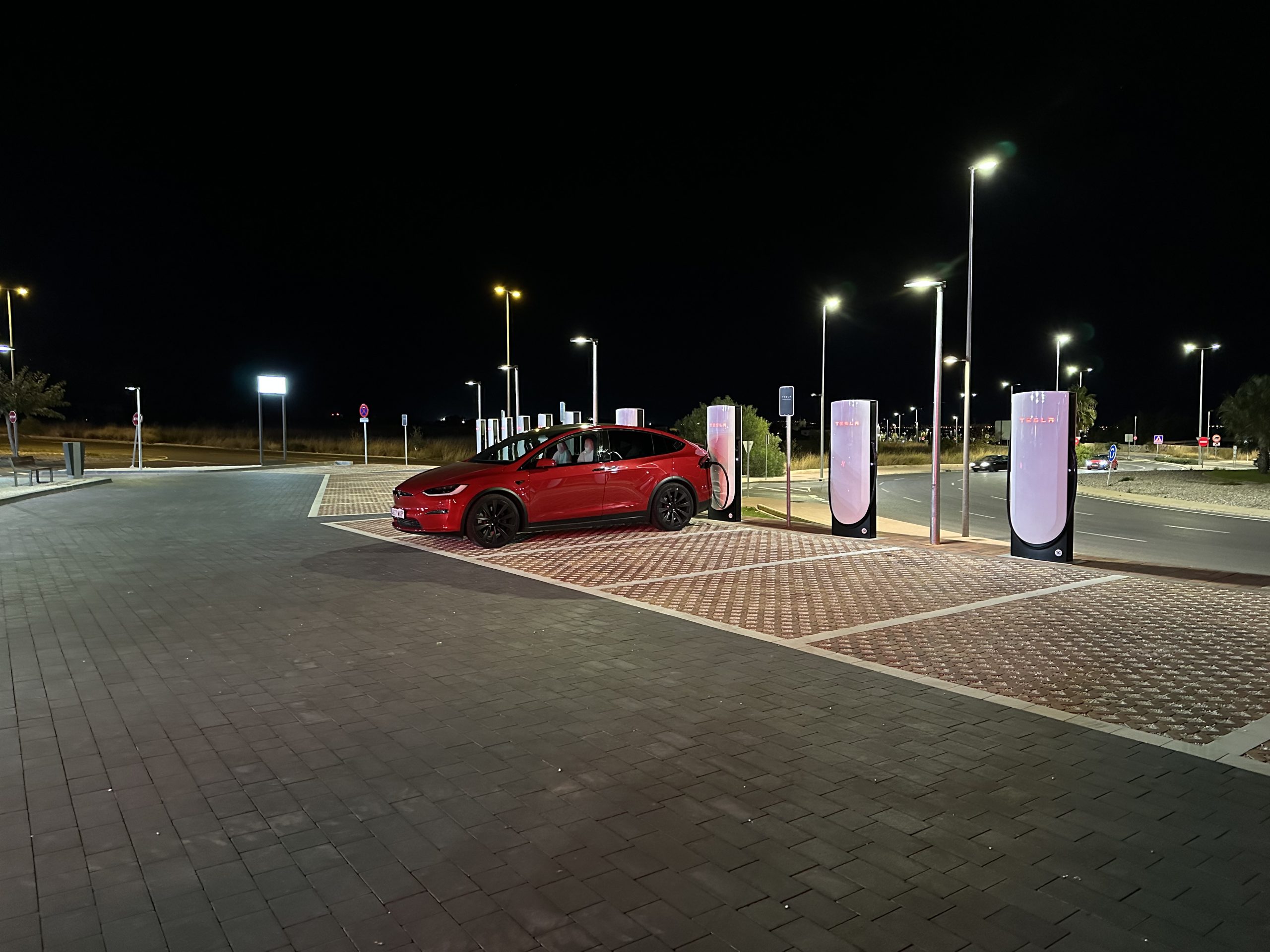
Posted On: December 4, 2023
Tesla is continuing its rollout of V4 Superchargers, with the first of the upgraded hardware set to hit Australia in the coming weeks.
Meanwhile, additional locations are getting V4 Superchargers a...[
More]
American-Made Kia Sportage Plug-In Hybrid Looks Great In The Metal
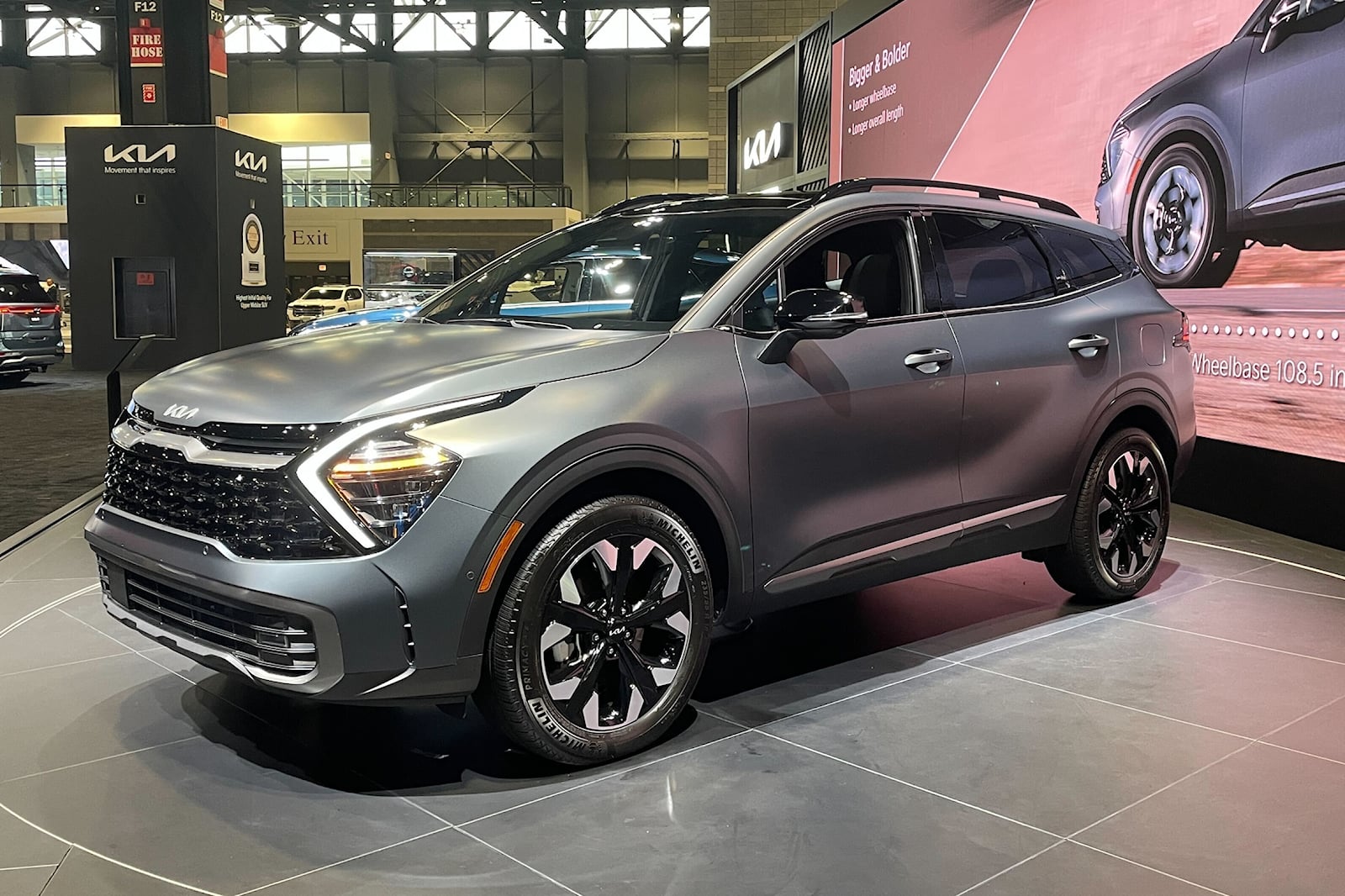
Posted On: February 11, 2022
The 2023 Kia Sportage PHEV has been revealed in the metal at the 2022 Chicago Auto Show. The plug-in hybrid model was introduced this week as a new powertrain option for the crossover range. Although ...[
More]
Tesla Said To Plan US Battery Cell Factory Using CATLs LFP Tech
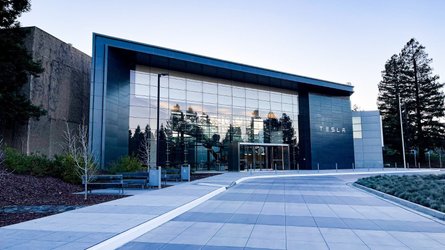
Posted On: March 31, 2023
Tesla is reportedly looking to build a battery plant in the United States using technology from China's Contemporary Amperex Technology (CATL) for lithium iron phosphate (LFP) cells.
According ...[
More]
Another Feather In Tesla Model Ys Hat
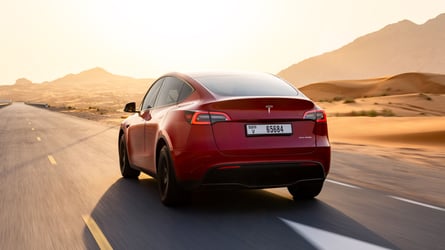
Posted On: June 30, 2023
Autovista Group, a UK-based automotive analytics company, has given the Tesla Model Y a Residual Value (RV) Award in the compact and large battery electric vehicle (BEV) SUV category.
The Model Y w...[
More]
2023 Mazda MX-5 Miata Updated With New Zircon Sand Color In The UK
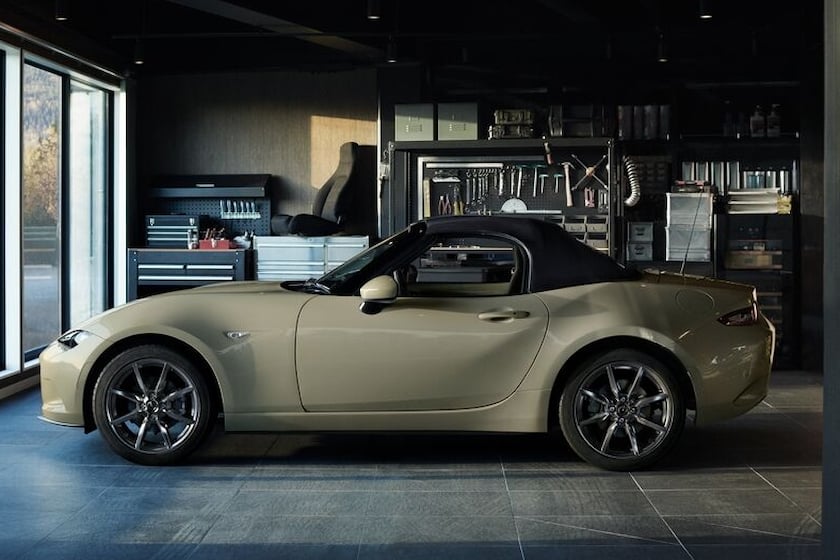
Posted On: October 26, 2022
The ND (fourth-generation) Mazda MX-5 Miata has been on sale since 2016, which means we've had seven years of the current-gen model. But while rumors and reports abound of what to expect from a ne...[
More]
Tesla Celebrates Delivery of 50000 Cars in Denmark
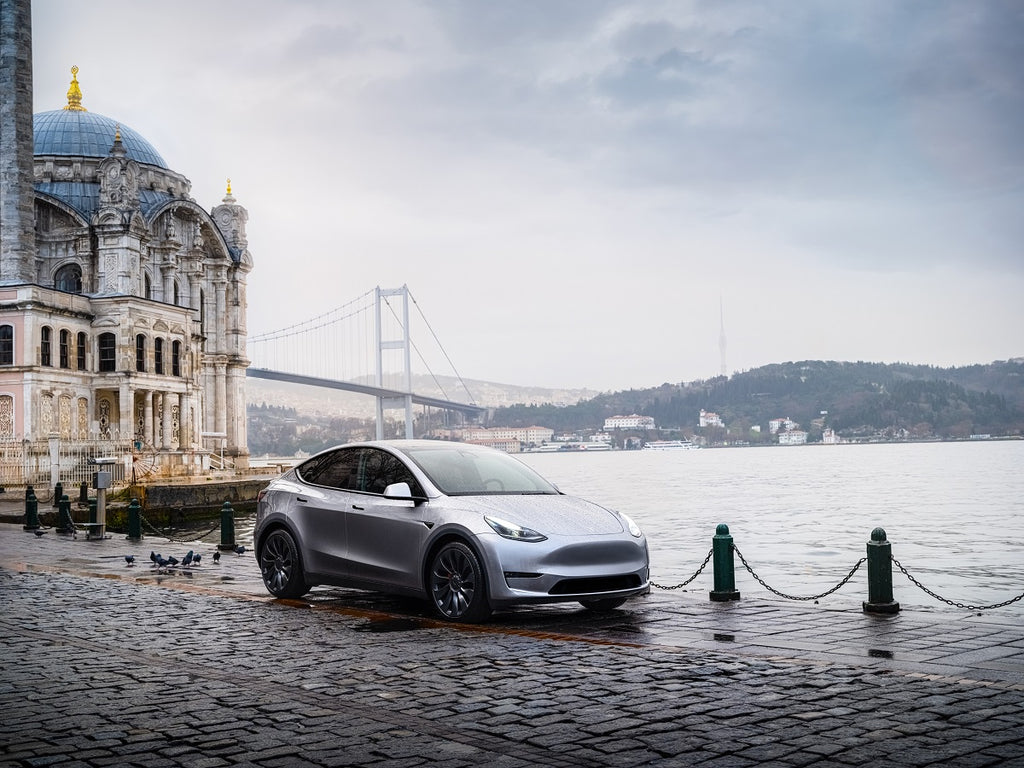
Posted On: September 26, 2023
Tesla celebrates the delivery of more than 50,000 vehicles in Denmark.
The company's cars account for almost 2% of all vehicles on the road in the country, which is a huge achievement for a you...[
More]
Tesla Model 3 Highland May Use CATLs New LFP Battery
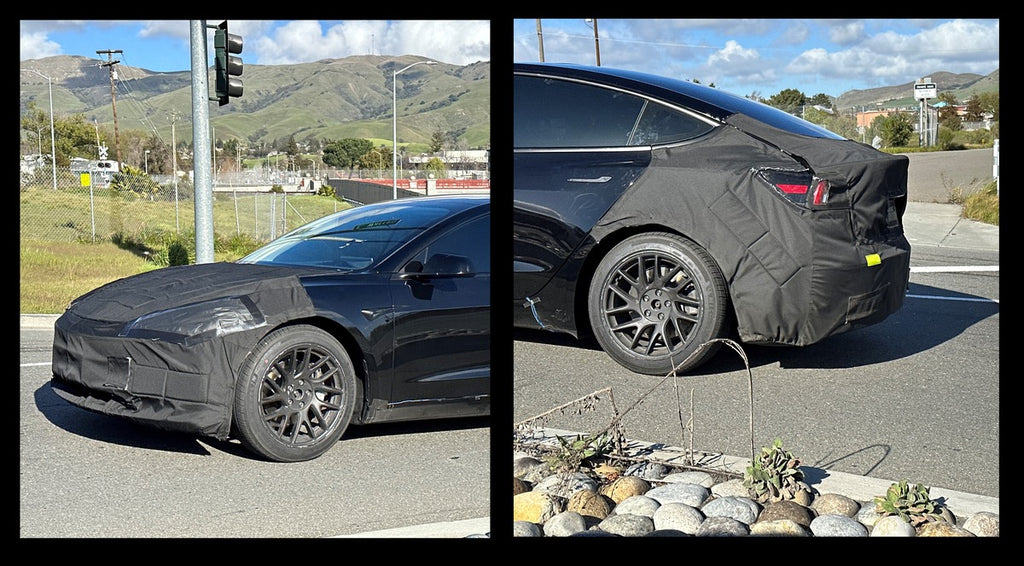
Posted On: June 29, 2023
The updated Chinese-made Tesla Model 3 will use CATL's new M3P lithium iron phosphate battery, according to a report.
The base Model 3's battery pack capacity will be upgraded from 60 ...[
More]
Tesla VPP in Vermont of 4800 Powerwalls Kept Lights on in Storms
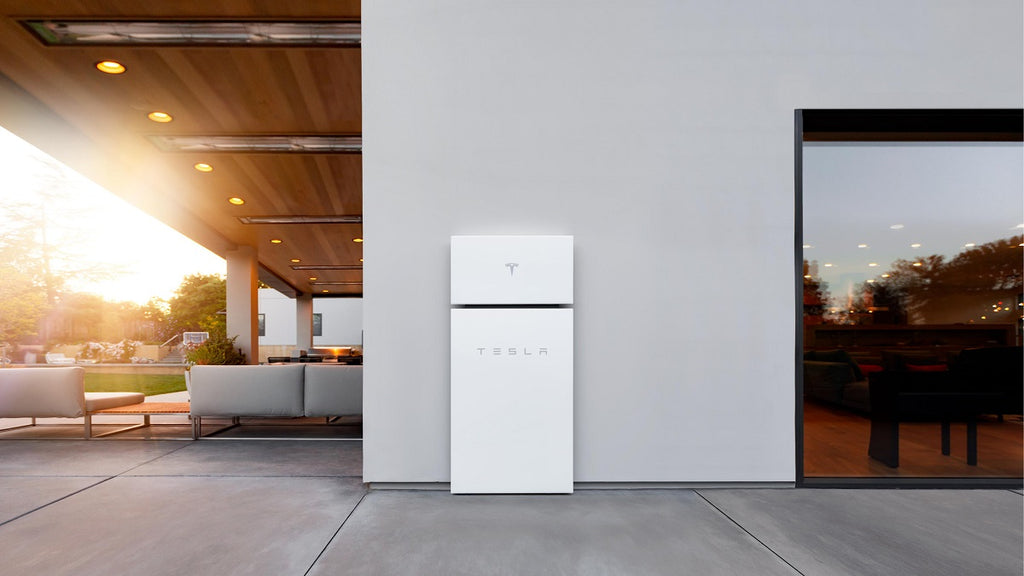
Posted On: September 10, 2023
Tesla's virtual power plant (VPP) in Vermont saved residents $3M in peak costs and kept the lights on during severe winter storms.
The VPP consists of 4,800 Powerwall units with a total capacit...[
More]
Tesla to Negotiate Battery Grade Lithium Refinery in Texas
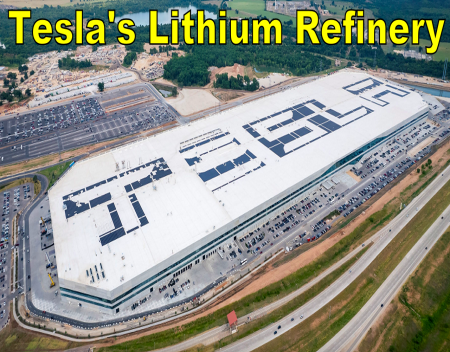
Posted On: November 24, 2022
Tesla's negotiations for a battery-grade lithium refinery in Texas are going to be handled behind closed doors. Tesla will be discussing the details of its planned $365 million lithium refinery wi...[
More]
Elon Musk Invites Bill Gates to Drive the Semi

Posted On: November 29, 2022
Tesla CEO Elon Musk and Microsoft co-founder Bill Gates do not necessarily see eye-to-eye in a lot of things. Gates has shorted Tesla stock, and Musk has turned Gates into the butt of jokes several ti...[
More]













